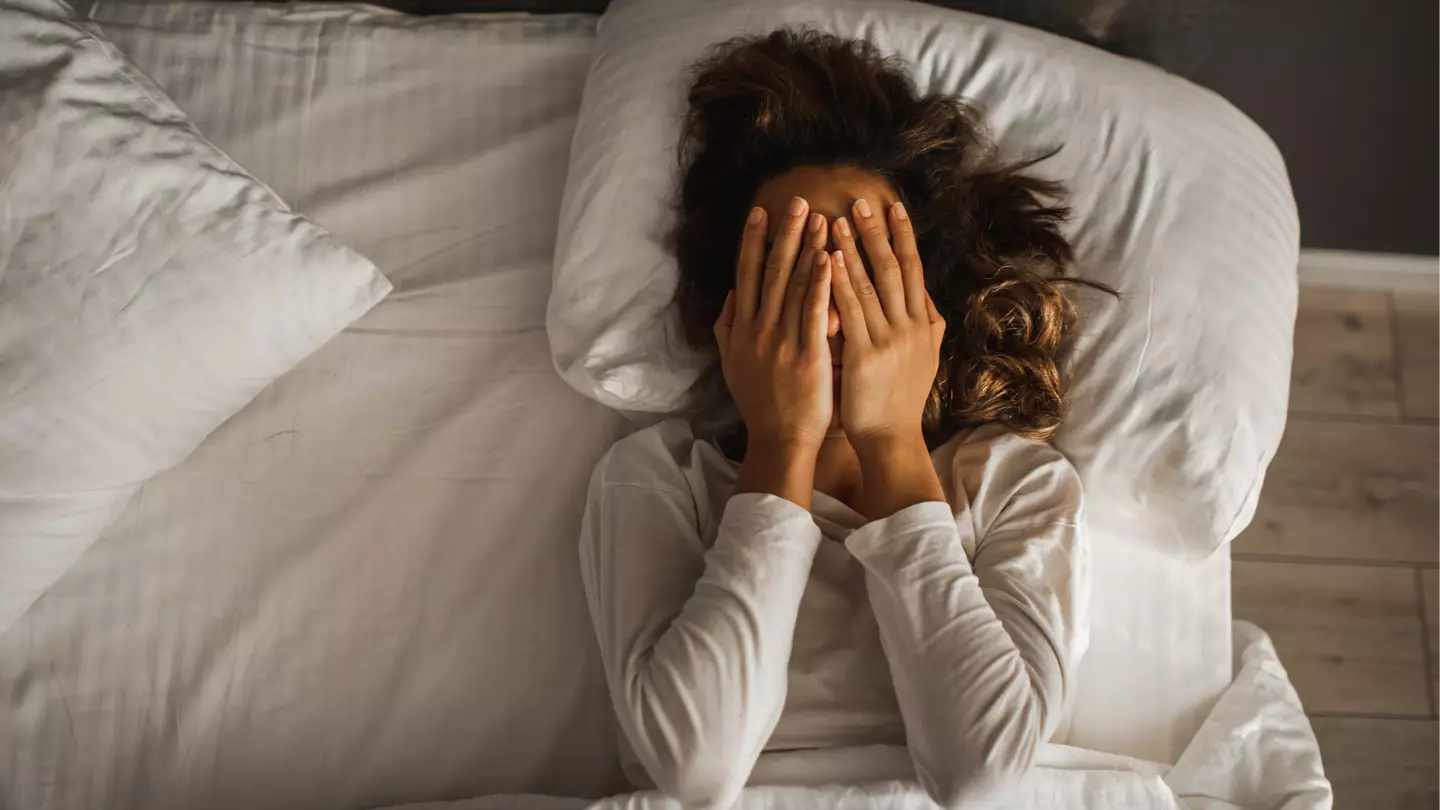If you find it difficult to sleep during stressful times, you’re not alone. According to the American Academy of Sleep Medicine, nearly three quarters (74 percent) of American adults report experiencing disrupted sleep due to stress ‘sometimes, always, or often’.
This isn’t surprising, as trying to calm a racing mind can make it hard to get a good night’s sleep. A sleep expert has now highlighted the significant impact that stress can have on our health as we attempt to cope.
While stress can be beneficial in short bursts—serving as a survival mechanism—it can harm our ability to sleep. Certified sleep health and wellness expert Eric Ridenour from Eachnight.com explains that while occasional sleeplessness is normal, many people suffer from ‘stress-induced insomnia’.

“What we need to understand is that stress and sleep are biologically linked,” Ridenour stated. “When stress increases, arousal systems in the brain stay active, meaning that even if your body is exhausted, your mind might be too alert to fall asleep.”
Over time, this incongruity ‘trains the brain to associate bedtime with frustration, not rest’, Ridenour continued.

Research conducted by Eachnight.com has revealed the extent to which stress disrupts our sleep. Those with moderate to high stress levels reported struggling to fall asleep as their minds raced.
Even when they managed to sleep, it was of shorter duration and less restorative. Chronically stressed individuals experienced an average reduction of 1.5 hours in total sleep time per night. Additionally, REM (rapid eye movement) sleep, vital for processing emotions, was significantly diminished.
This leads to increased irritability, forgetfulness, and a lack of motivation. The study also noted that cortisol, the body’s primary stress hormone, remained elevated even two hours after bedtime, making relaxation difficult.
Essentially, stress triggers the body to react as if in physical danger, yet the threat is mental and unending, as the research explains.

Fortunately, several practical measures can be taken to improve sleep even when stressed. Establishing a nighttime routine is key.
Begin by setting a cutoff time for checking e-mails and work notifications. Writing down thoughts or creating a to-do list before bed can help clear the mind.
Another useful tip is to create a ‘buffer’ period 30 minutes to an hour before bedtime, during which screens and other stress triggers are eliminated.
“Engage in a calming routine like light reading, stretching, or meditation,” Ridenour advised.
When it’s time to sleep, ensure your bedroom is dark, cool, and free from distractions. Consider using white noise or soothing soundscapes to help calm your thoughts.
Maintaining a consistent sleep and wake schedule, even on weekends, is crucial. Though it may be challenging to follow, it can make a significant difference.

